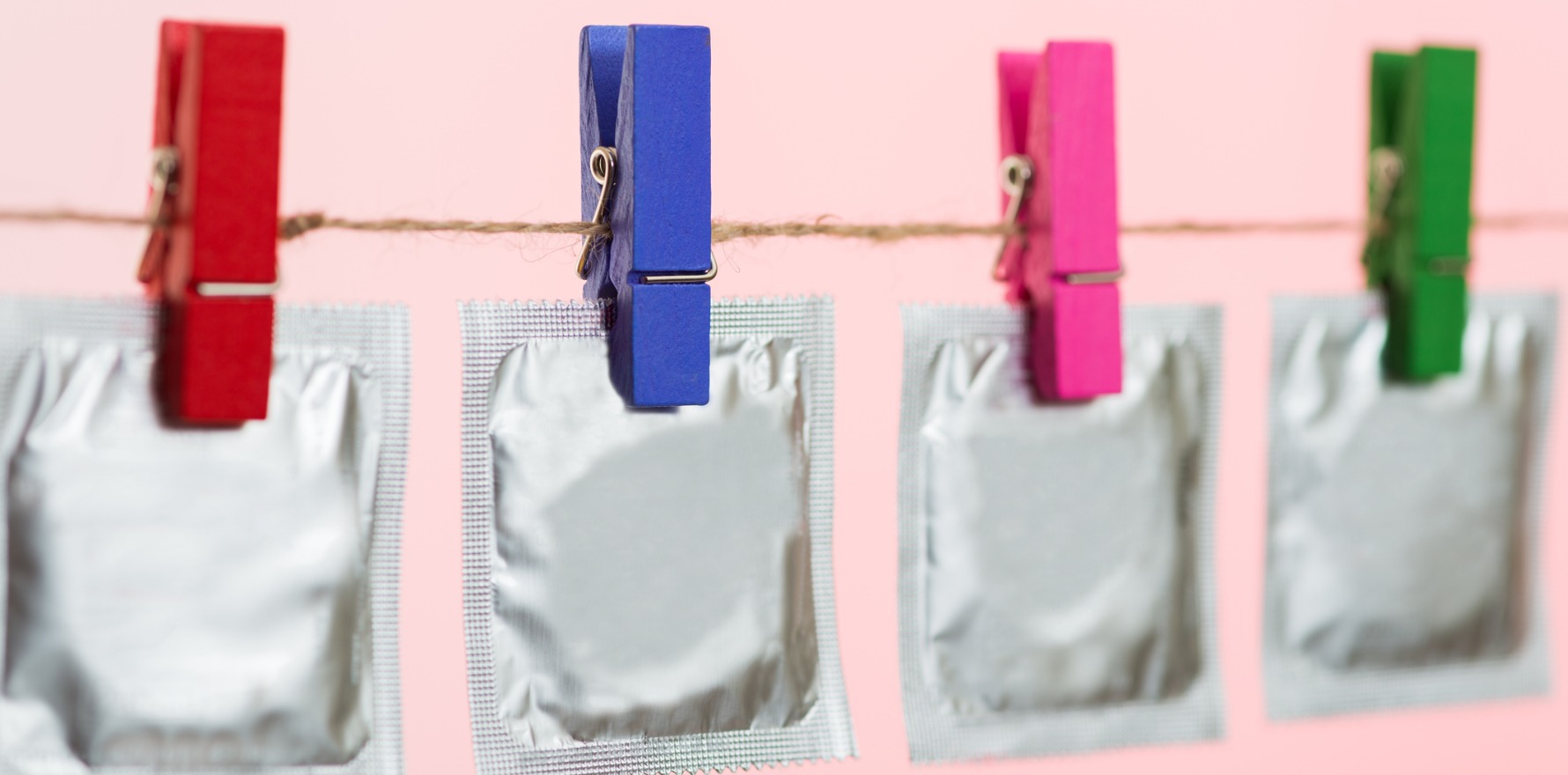Men prescribed molnupiravir should use contraception during treatment and for three months after.
Men who are prescribed the new covid antiviral molnupiravir should be advised to use contraception during treatment and for three months after.
The recommendation follows the lack of available data on whether molnupiravir (Lagevrio, Merck Sharp and Dohme) affects sperm, according to the TGA’s product information.
“It is recommended that men who are sexually active with a partner of childbearing potential use an adequate form of contraception during and three months after treatment with molnupiravir,” the PI says.
Molnupiravir’s use is also contraindicated during pregnancy, with women of childbearing age recommended to use effective birth control for the duration of treatment (a course lasts five days) and for four days after the last dose.
“Based on animal data, Lagevrio may cause fetal harm when administered to pregnant women,” the PI states. “There are no available data on the use of Lagevrio in pregnant women to evaluate the risk of major birth defects, miscarriage or adverse maternal or fetal outcomes.”
Breastfeeding is also not recommended during treatment and for four days after the last dose of the oral antiviral.
The recommendation differences for men and women relate to the sperm’s life cycle, MSD’s medical advisor Madeep Sembi told The Medical Republic. He said pregnant women and men and women trying to conceive had not been included in the drug trials.
“It’s purely out of an abundance of caution,” Mr Sembi said. “We don’t have any data to suggest that it is safe, but there isn’t any data that it isn’t.”
He said sperm replenished every three months, which meant any sperm that could be affected by the treatment would have time to be replaced – hence the setting of a three-month safety threshold.
Molnupiravir is only effective if treatment starts within five days of the onset of symptoms. It is an oral medication that targets an enzyme (RNA-dependent RNA polymerase) required for the replication of coronaviruses, and works to block this replication process through the introduction of mutations into the viral RNA.
The recommended dose of molnupiravir in adult patients is 800mg (four 200mg capsules) taken orally every 12 hours for five days, with or without food. Its safety and efficacy when administered for periods longer than five days have not been established, according to the PI.
The most common side effects are diarrhoea, nausea and dizziness, and there are no known drug-drug interactions.
However, this is where there could be a potential risk, according to Dr Roger Lord, senior lecturer in medical sciences at Australian Catholic University. He said the drug may also act on human RNA (the individual taking the drug) to generate unwanted mutagenic responses.
Citing an article in The Journal of Infectious Diseases last year, he said the drug had been shown to be mutagenic to cultured mammalian cells, however this may not reflect a significant problem with short-term use to treat covid infection.
“Rare mutagenic effects that might generate tumours are unlikely to be detected in clinical trials of the drug due to the small numbers of individuals studied,” Dr Lord said.
“Just how mutagenic the drug actually is remains unknown and this equates to the risk that tumours or birth defects will occur. We know that cigarette smoking for a prolonged period is mutagenic but the risk insignificant if an individual only ever smoked one cigarette. In a similar fashion, limited use of molnupiravir is unlikely to lead to tumour formation but repeated use could be cause for concern.”
Dr Lord said this might be the case for individuals who relied on the drug to deal with repeated covid infections, such as unvaccinated or immunocompromised patients.
“Cellular division in a developing fetus involves significantly more RNA/DNA replication and hence a greater risk of mutagenic and teratogenic events occurring if the drug is being used,” he said.
“It is therefore prudent not to participate in sex where conception the desired outcome while taking molnupiravir.”





